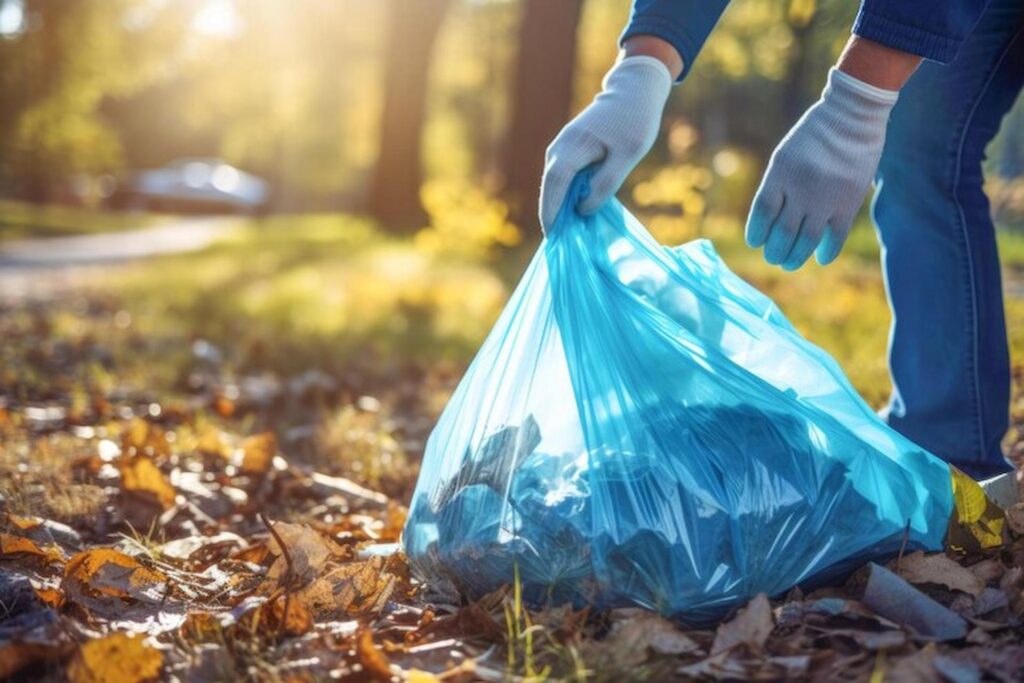In today’s world, we all have to deal with getting rid of our trash. We all need to handle our trash, whether it’s our everyday garbage or larger clean-up tasks. But it’s really important that we do it in a way that doesn’t hurt the environment. How we handle our waste can either help or harm the Earth. This article will guide you through eco-friendly rubbish clearance practices so you can contribute to a cleaner, greener world.
The Importance of Responsible Rubbish Clearance
Before we talk about how to get rid of rubbish in an eco-friendly way, let’s first understand why it’s so important. When we don’t throw away our trash properly, it can hurt our environment. This can mean things like making our oceans dirty, hurting animals, and adding to the pollution that makes our planet warmer. Here’s why responsible rubbish clearance is crucial:
Preserving Natural Ecosystems: Irresponsible rubbish dumping in natural areas can disrupt ecosystems, harming plants and animals that depend on those environments.
Reducing Pollution: Landfills and incinerators produce harmful emissions and leach pollutants into the soil and water, affecting the air and quality of our water sources.
Conserving Resources: Recycling and reusing materials in your rubbish can help conserve valuable resources, such as metals and plastics, reducing the need for virgin materials.
Mitigating Climate Change: Reducing rubbish in landfills and adopting eco-friendly disposal methods can lower methane emissions, a potent greenhouse gas.
Now that we understand the importance of responsible rubbish clearance let’s explore some practical steps to achieve it.
Eco-Friendly Rubbish Clearance Tips
Reduce, Reuse, Recycle: The three R’s remain a cornerstone of eco-friendly waste management. Reduce waste by making conscious choices to purchase products with minimal packaging. Reuse items whenever possible and recycle materials like paper, glass, and plastic to divert them from landfills.
Composting: Consider starting a compost pile or using a composting bin if you have organic waste. Composting turns food scraps and yard waste into nutrient-rich soil, reducing the rubbish you must dispose of.
Donate and Repurpose: Before tossing items, consider whether they can be donated or repurposed. Clothing, furniture, and electronics can often find a second life with someone else.
Choose Eco-Friendly Products: Opt for products made from recycled or sustainable materials. This supports a circular economy and reduces the environmental impact of your purchases.
Biodegradable Trash Bags: When using trash bags, choose biodegradable options. These bags break apart more easily in landfills than regular plastic bags.
Hazardous Waste Disposal: Hazardous materials, like paint, batteries, and electronics, should never be thrown in regular rubbish. Find a local hazardous waste disposal program to ensure they’re handled safely.
DIY Repairs: Instead of discarding broken items, try to repair them. Doing this doesn’t just keep more money in your pocket. It also means less waste.
Responsible E-Waste Disposal: Old electronics should be taken to recycling centres specialising in electronic waste disposal. You can often find stores that provide e-waste recycling options, too.
Local Recycling Facilities: Find out about the recycling places in your neighbourhood, such as rubbish clearance Ealing, and learn their rules. It’s important to separate recyclables correctly to make sure recycling works well.
Community Clean-Ups: Join or lead local clean-up events to remove trash from parks and public areas. This makes your community tidier and safer.
Conclusion
Taking responsibility for responsible rubbish clearance is not solely an individual obligation but a collective one. By adhering to the eco-friendly suggestions provided in this article, you can make a substantial impact in reducing waste and mitigating harm to the environment.
From reducing, reusing, and recycling to donating and repurposing, there are numerous ways to manage rubbish without causing harm to our planet. Eco-friendly rubbish clearance doesn’t just make the environment cleaner. It also helps save resources, reduce pollution, and create a healthier world for our children and grandchildren.

